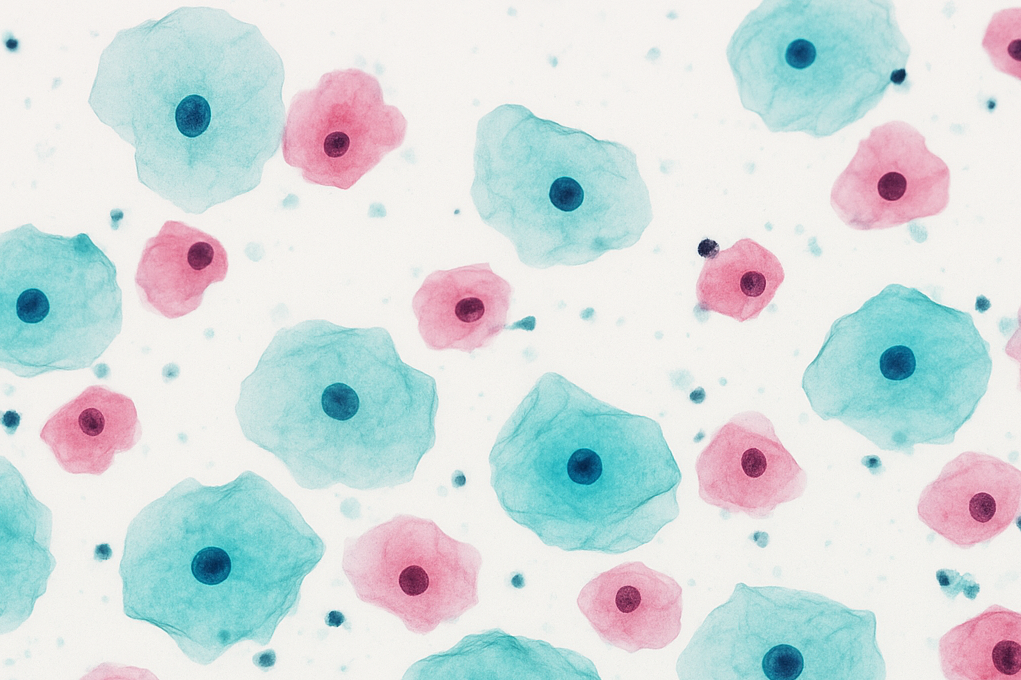Guernsey enhances cervical screening programme
Increased screening frequency for individuals with a history of HPV or current HPV presence among the changes.

- Guernsey will implement a new HPV testing regime for cervical screening starting next month.
- Those aged 25 to 49 with a negative HPV test will have screenings every five years instead of three.
- Increased screening frequency for individuals with a history of HPV or current HPV presence.
- Di Mathews, Strategic Screening Lead, stresses the importance of proactive testing to eliminate cervical cancer.
Guernsey will adopt advanced HPV testing for its cervical screening programme in alignment with NHS England, beginning in July.
Cervical screening plays a vital role in detecting HPV, the primary cause of cervical cancer. If HPV is detected during screening, the subsequent analysis will check for any cellular abnormalities in the cervix. Through early detection, potential changes can be treated before progressing to cervical cancer.
The revised screening protocol will allow those aged 25 to 49, with no recent history of HPV infection, to be tested every five years rather than every three years if they receive a negative HPV test. This reform is based on clinical evidence and follows the recommendation from the UK National Screening Committee, asserting that individuals testing negative for HPV are at a significantly lower risk of developing cervical cancer in the following decade.
For those with a history of HPV or a positive test result, the screening intervals will be more frequent to monitor the potential development of cell changes. This strategy is already in effect for individuals aged 50 to 64 and is backed by evidence indicating the necessary screening frequency for those at higher risk.
Research shows that the body commonly clears HPV infections independently within a 36-month period. By offering annual screenings to those who test positive for HPV, any cellular changes can be detected swiftly. In the event abnormal cells are identified, the patient will be referred for a colposcopy, allowing for a more detailed examination of the cervix.
Di Mathews, Strategic Screening Lead, said: "Cervical cancer is preventable and curable, and we now have the tools to make the disease a thing of the past. The cervical screening programme, together with our HPV vaccination programme and treatment, helps us move towards our goal of eliminating cervical cancer in the Bailiwick."
Mathews explained further that the adoption of this new testing approach aligns Guernsey with the practices already established in regions like England, Wales, Scotland, and Ireland.
"The reason we have decided to follow England, Wales, Scotland and Ireland with this change is because the new test used in cervical screening picks up problems earlier than the older screening test that was previously used by the programme."
Patients experiencing symptoms such as unusual bleeding, changes in discharge, or unexpected pain are encouraged to consult their doctor.
Featured illustration produced through OpenAI.




Comments ()